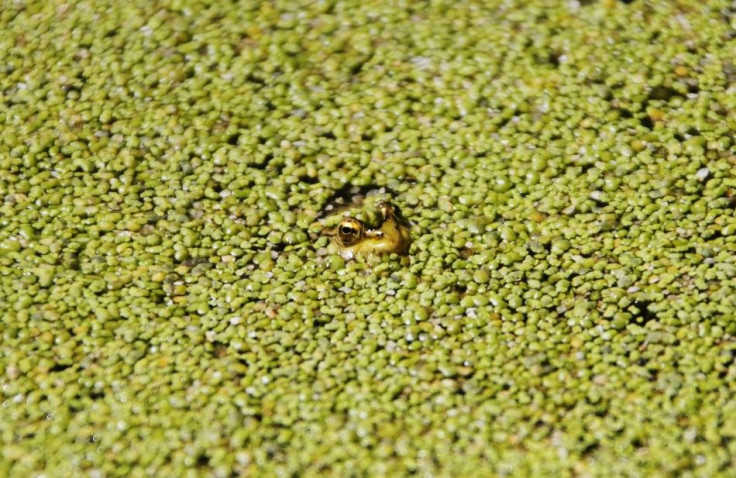New Frog Species Found In Madagascar, On The Verge of Extinction

An MSc Student from the University of Bristol, Samuel Penny, found a new species of frog in the forests of Madagascar while studying the amphibians in the Sahamalaza Peninsula as a part of his masters degree, reported Bristol 24-7.
The new species, named Boophis ankarafensis, is green with bright red specks on its back and head, found on the banks of the streams in the Akarafa Forest, is already on the verge of extinction. Only 56 of the brightly coloured tree frogs were found on the banks of two streams and is believed to be limited to this location as no such species were found anywhere else on the island by the researchers.
The adult males grow to about twenty-three to twenty-four millimetres in length and were around 0.5 to 2 metres above the ground, within close proximity to each other, on different leaves on the same branch while the females grow to around twenty-eight to twenty-nine millimetres.
Samuel said that the beautiful frogs had a distinctive call and by placing sound recorders at the breeding sites, he could come out with its distribution around the area of the Sahamalaza Peninsula. He added that this detailed information enhanced their knowledge of the acoustic variety between the frogs as well as how its pattern of calling changed during the course of the night.
The information about the species is published in the journal Zoo Keys, authored by Samuel along with an international team of scientists. They said that the frog's call is a triple click rather than the usual double and that they have not been detected anywhere else yet and could be a local endemic.
The researchers have said that though it was found inside a National Park, the frogs are threatened due to decline in quality and extent of its habitat. They also suggest that the new species should be classified as critically endangered based on the criteria of the IUCN Red List.
The protection of these species is important as there is so much to be learnt about them as they are newly discovered. Norm Dicks, a member of the Democratic Party in the U.S., said, "The Endangered Species Act is the strongest and most effective tool we have to repair the environmental harm that is causing a species to decline."




















